DOE Isotope Program Highlights
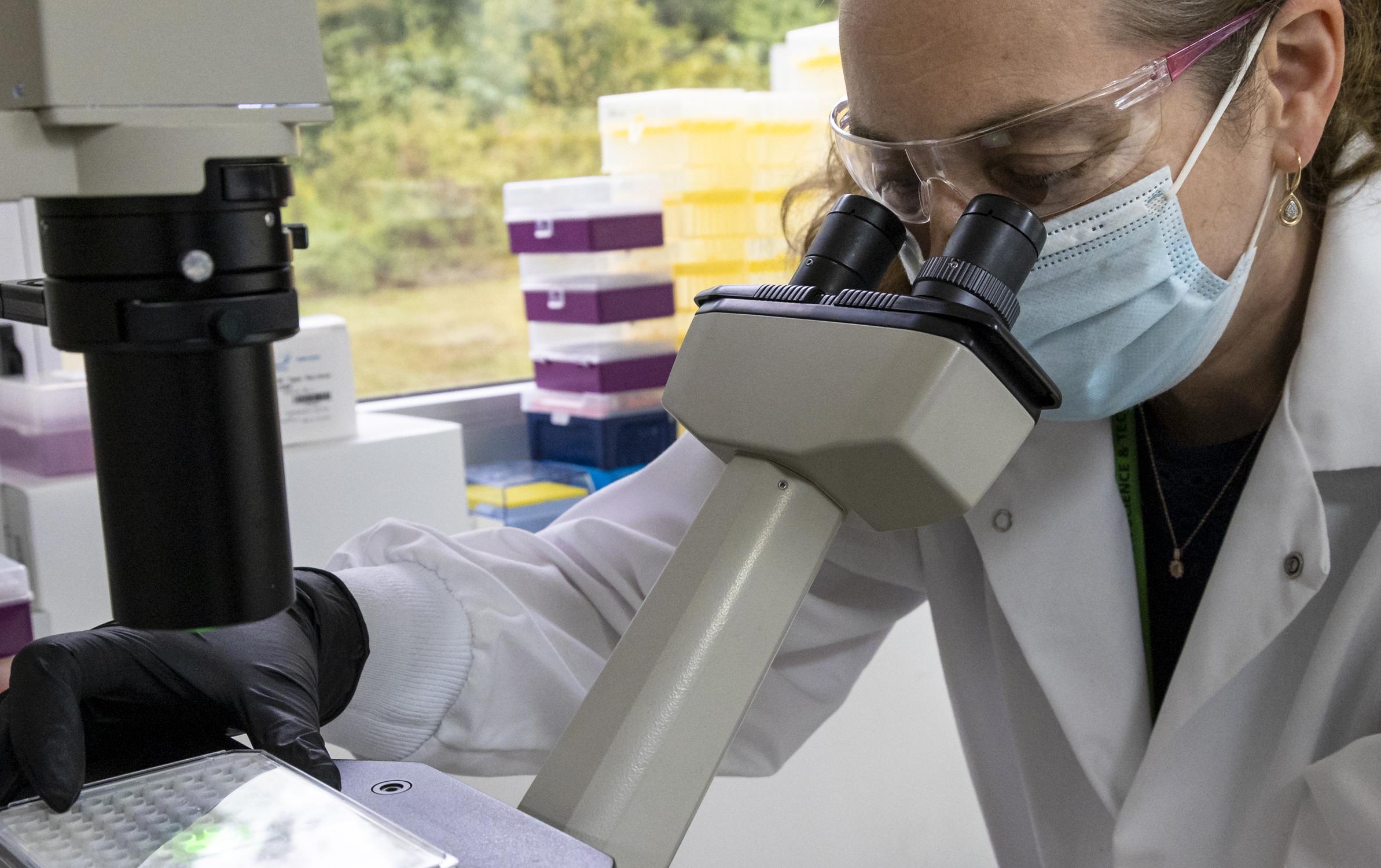
Sandra Davern: Developing Medical Isotopes to Fight Cancer
When Sandra Davern looks to the future, she sees isotopes sent into the body with a specific target: cancer cells.
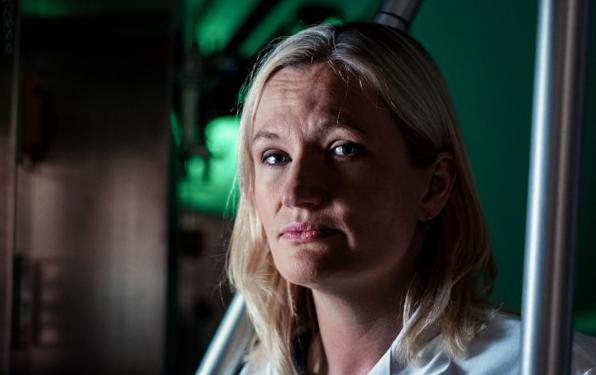
Suzanne E. Lapi: What did the 2011 Early Career Award allow you to do?
The ECA project enabled me to get started with solid targets for the accelerator production of radioisotopes.
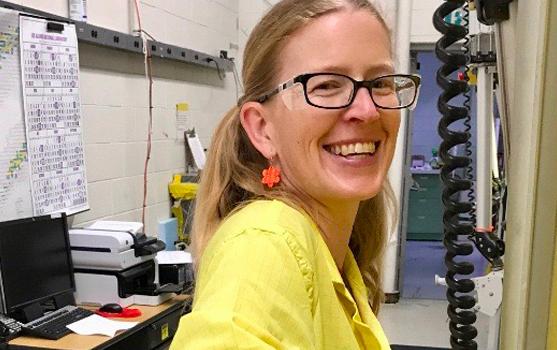
New diagnostic isotope to enhance targeted alpha therapy for cancer
Team brings a new tool for alpha therapy by developing a paired isotope option for PET scans.

Ce-134 and La-134 pair as companion PET diagnostic isotopes for Ac-225 and Th-227
Ce-134 and its daughter La-134 can be used as a PET imaging candidate for 225AcIII or 227ThIV.
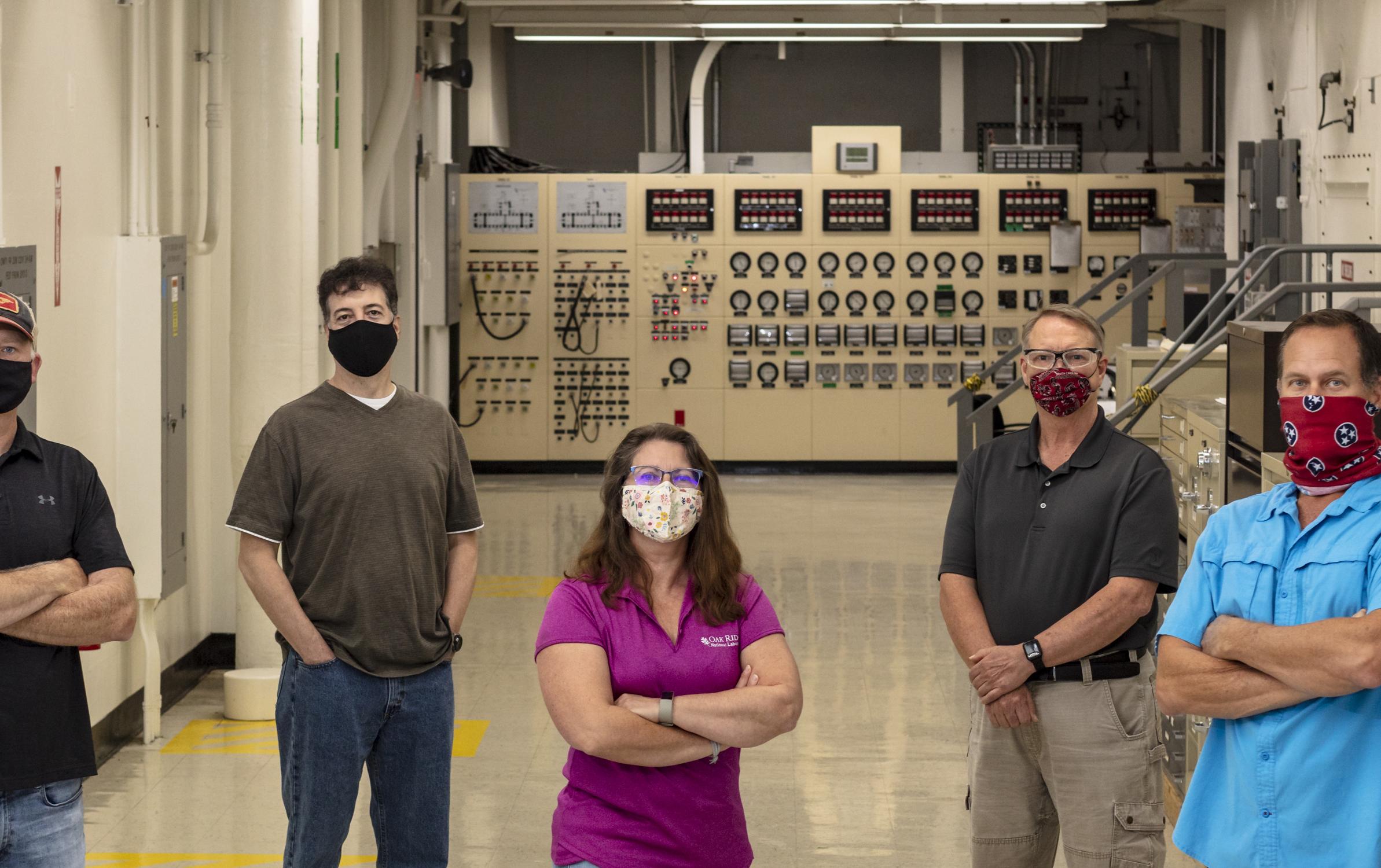
ORNL's Californium-252 Will Play Pivotal Role in New Reactor Startups
ORNL is the only place in the world capable of efficiently producing the radioisotope californium-252.
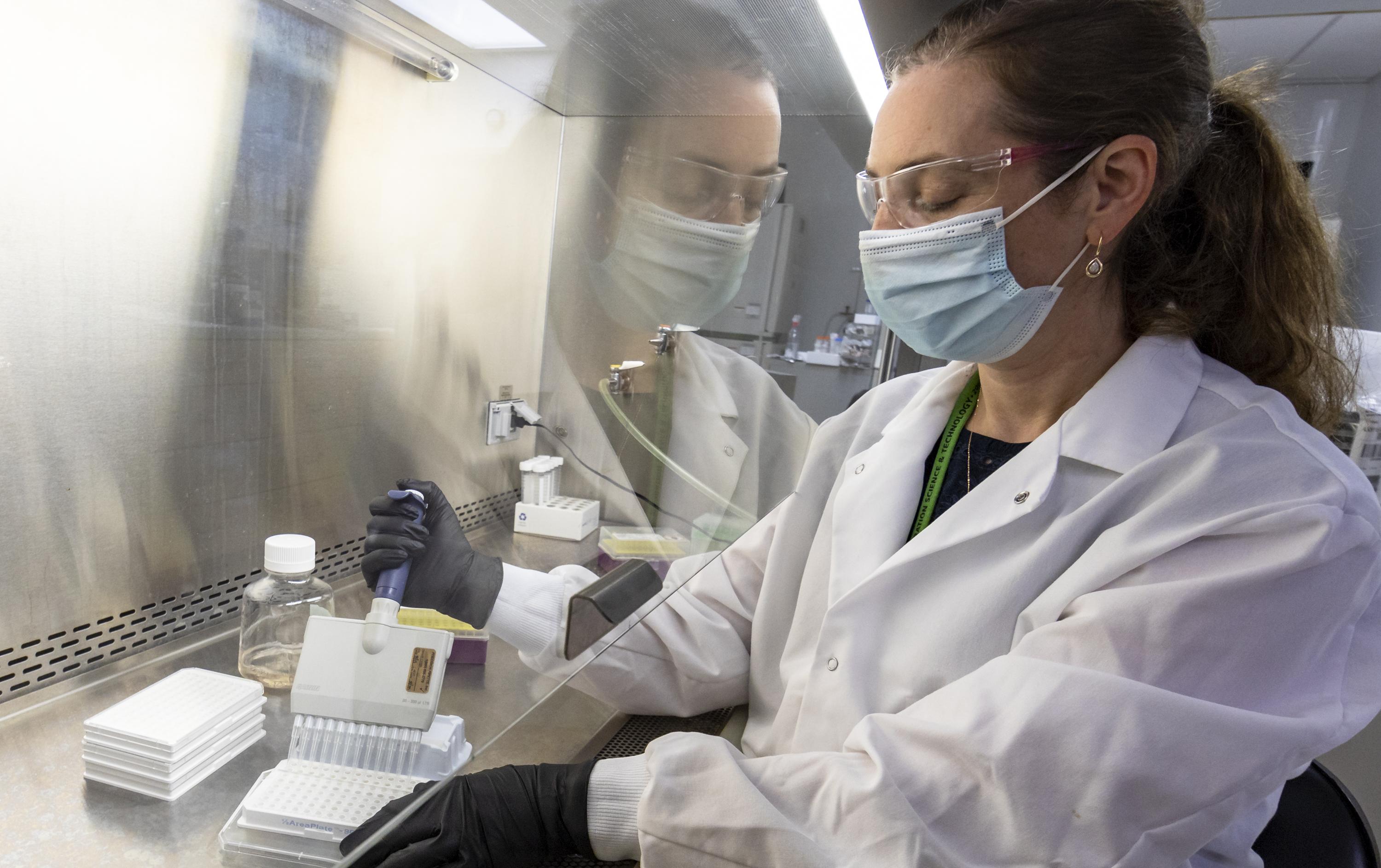
The Big Impact
When Sandra Davern looks to the future, she sees individualized isotopes sent into the body with a specific target: cancer cells.
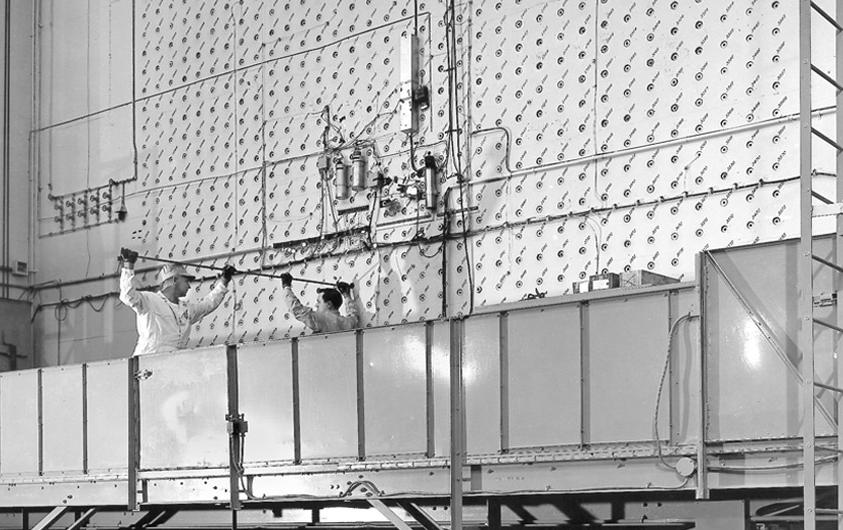
A Forgotten Legacy: How Nuclear Reactors Built for War Transformed Peacetime Science
Isotopes were discovered in the early 20th century, during a period of remarkable progress in our understanding of matter.
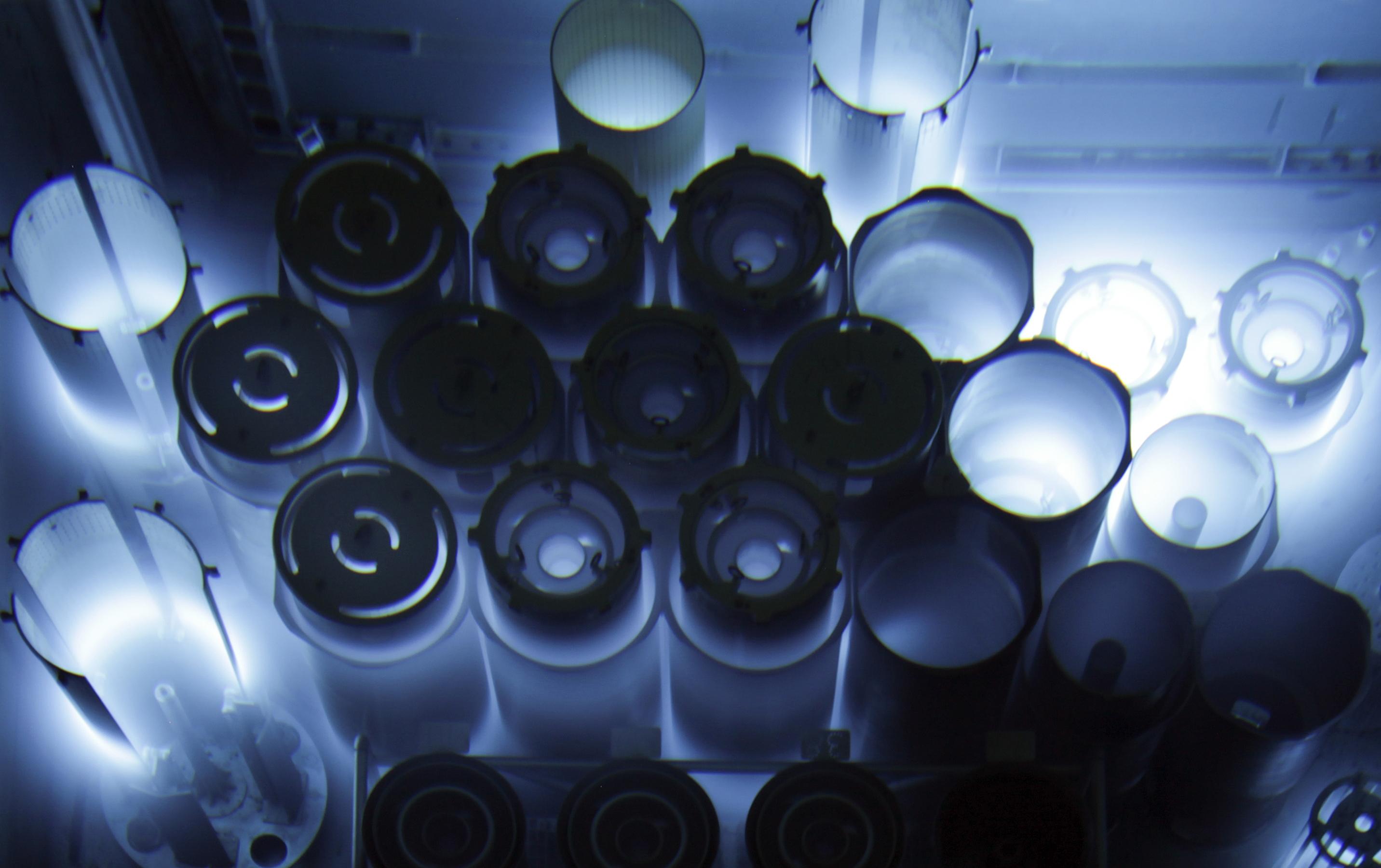
Isotopes - Improved Process for Medicine
Oak Ridge National Laboratory researchers have discovered a better way to separate actinium-227, a rare isotope essential for an FDA-approved cancer treatment.
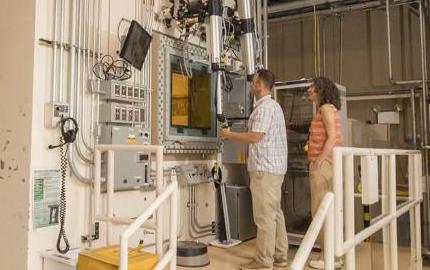
Ordinary People Extraordinary Times
As COVID-19 alters American life, a once-anonymous collection of workers have kept Santa Fe and Northern New Mexico in operation.
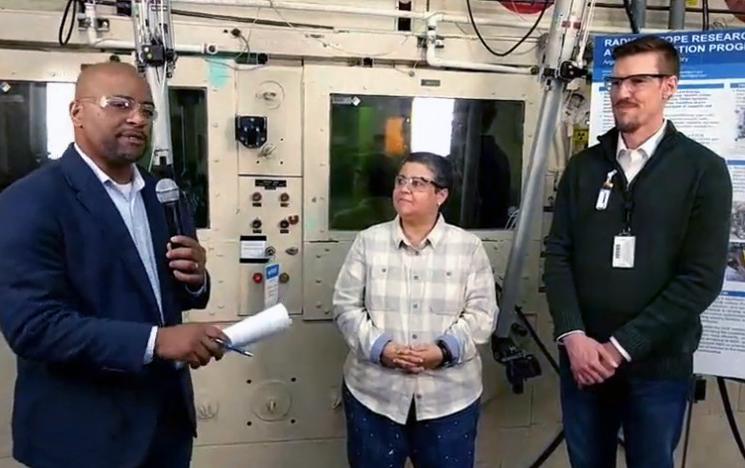
Medical Isotope Production at Argonne National Laboratory
Everyday, doctors use medical isotopes to diagnose and treat various illnesses, including cancer.




